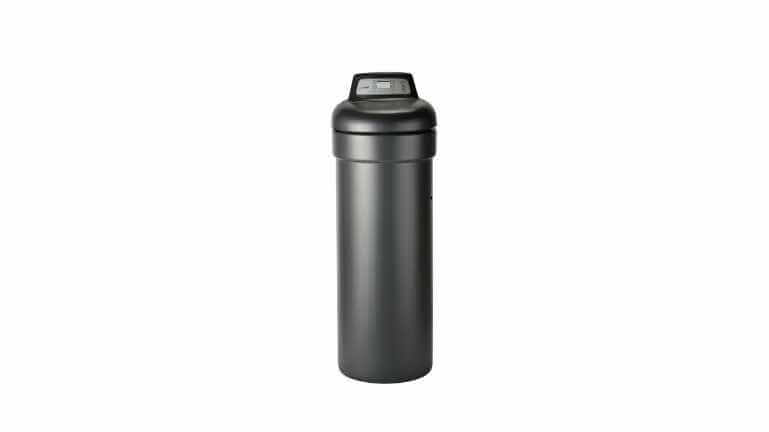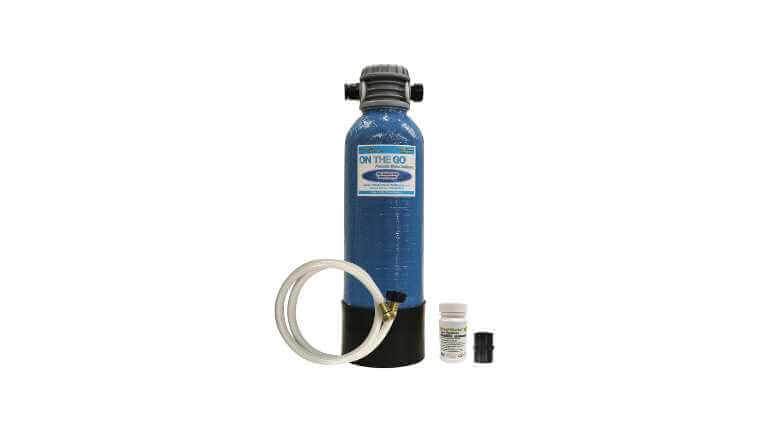Water is essential for life, but not all water is the same. Some water contains minerals that can cause problems for your home, your health, and your wallet. That’s why you need a water softener, a device that removes these minerals and makes your water soft. In this article, we will explain the benefits of water softener systems and how they can improve your quality of life.
Benefits of Water Softener
In our daily lives, water plays a crucial role. From drinking to cleaning and everything in between, water is a precious resource. However, not all water is created equal. If you’ve ever struggled with hard water, you know how frustrating it can be. Fortunately, there’s a solution: water softeners. In this article, we will explore the numerous benefits of water softeners, explaining how they work and why you might want to consider installing one in your home.
What is a water softener?
Understanding Hard Water
Before diving into the benefits of water softeners, it’s essential to comprehend what hard water is. Hard water contains a high concentration of minerals, primarily calcium and magnesium. These minerals can create various issues in your home, from limescale buildup in appliances to dry skin and dull hair after showering.
The Role of Water Softeners
Water softeners are devices designed to combat hard water. They use ion exchange technology to replace calcium and magnesium ions with sodium or potassium ions. This process makes the water “softer” and less likely to cause the problems associated with hard water.
The Top Benefits of Using a Water Softener
Now, let’s explore the numerous advantages of having a water softener in your home.
Improved Appliance Longevity
One of the primary benefits of water softeners is that they extend the life of your appliances. Hard water can lead to mineral buildup in appliances like washing machines and dishwashers, reducing their efficiency and lifespan. With a water softener, you can protect your investments.
Softer Skin and Hair
Hard water can be harsh on your skin and hair, leaving them dry and dull. By using a water softener, you’ll enjoy softer, more radiant skin and hair after bathing. It’s like having a spa experience every time you shower.
Reduced Soap and Detergent Usage
With soft water, soap and detergent lather more effectively. This means you can use less of these products to achieve the same results, saving you money in the long run.
Cleaner and Shinier Dishes
Hard water can leave spots and streaks on your dishes, making them look dirty even after washing. A water softener can eliminate these issues, leaving your dishes clean and shiny.
Energy Efficiency
Water heaters can become less efficient when they are plagued by limescale buildup from hard water. Softened water helps your water heater run more efficiently, saving energy and reducing your utility bills.
Less Limescale Buildup
Hard water can lead to limescale buildup in pipes and fixtures, causing blockages and reduced water flow. Water softeners prevent this buildup, keeping your plumbing system in good condition.
Brighter and Softer Laundry
Soft water makes your laundry cleaner, brighter, and softer. It also prolongs the life of your clothing by reducing the wear and tear caused by hard water minerals.
Eco-Friendly
By using a water softener, you’ll be contributing to a more eco-friendly lifestyle. The reduced need for detergents and the prolonged life of appliances means fewer resources are used and less waste is generated.
Reduced Maintenance
With hard water, you’ll find yourself constantly cleaning limescale and dealing with clogged pipes. Water softeners require minimal maintenance, making your life easier.
Improved Taste
Water softened by a water softener typically tastes better, as it doesn’t have the metallic or bitter undertones often found in hard water.
Healthier Plants and Gardens
Soft water is also beneficial for your outdoor plants and gardens. It allows them to thrive without the hindrance of hard water minerals.
Crystal Clear Glassware
Say goodbye to cloudy glassware! Softened water ensures your glassware remains crystal clear, adding a touch of elegance to your table.
Conclusion
In conclusion, the benefits of water softeners are numerous and far-reaching. From extending the life of your appliances to improving the quality of your skin, hair, and laundry, these devices offer a wide range of advantages. They are not only practical but also eco-friendly, contributing to a more sustainable lifestyle.
Whether you’re tired of scrubbing limescale deposits or seeking a more luxurious shower experience, a water softener might be the solution you’ve been looking for. Say goodbye to hard water troubles and enjoy the many benefits of having a water softener in your home.
Frequently Asked Questions
How does a water softener work?
A water softener uses ion exchange technology to remove calcium and magnesium ions from hard water and replace them with sodium or potassium ions, making the water “softer.”
Are water softeners safe for drinking water?
Water softened by a water softener is safe to drink. However, some people may prefer to install a bypass for drinking water to avoid a slight increase in sodium content.
Can I install a water softener myself?
While some DIY enthusiasts can install a water softener, it’s often recommended to have it professionally installed to ensure proper function and efficiency.
How often should I add salt to my water softener?
The frequency of adding salt to your water softener depends on the model and water hardness. Typically, it’s best to check the salt level every month and add more as needed.
Do water softeners require regular maintenance?
Water softeners are low-maintenance devices. Periodic checks and adding salt are the main maintenance tasks, making them relatively hassle-free appliances to own.

Ross Walters, an Electrical supplies and Water Appliances specialist, shares his extensive expertise on top platforms. With a focus on empowering professionals and enthusiasts, Ross delivers up-to-date insights and practical advice. His commitment to staying abreast of industry trends establishes him as a trusted source for navigating the complexities of electrical systems and water appliances.



